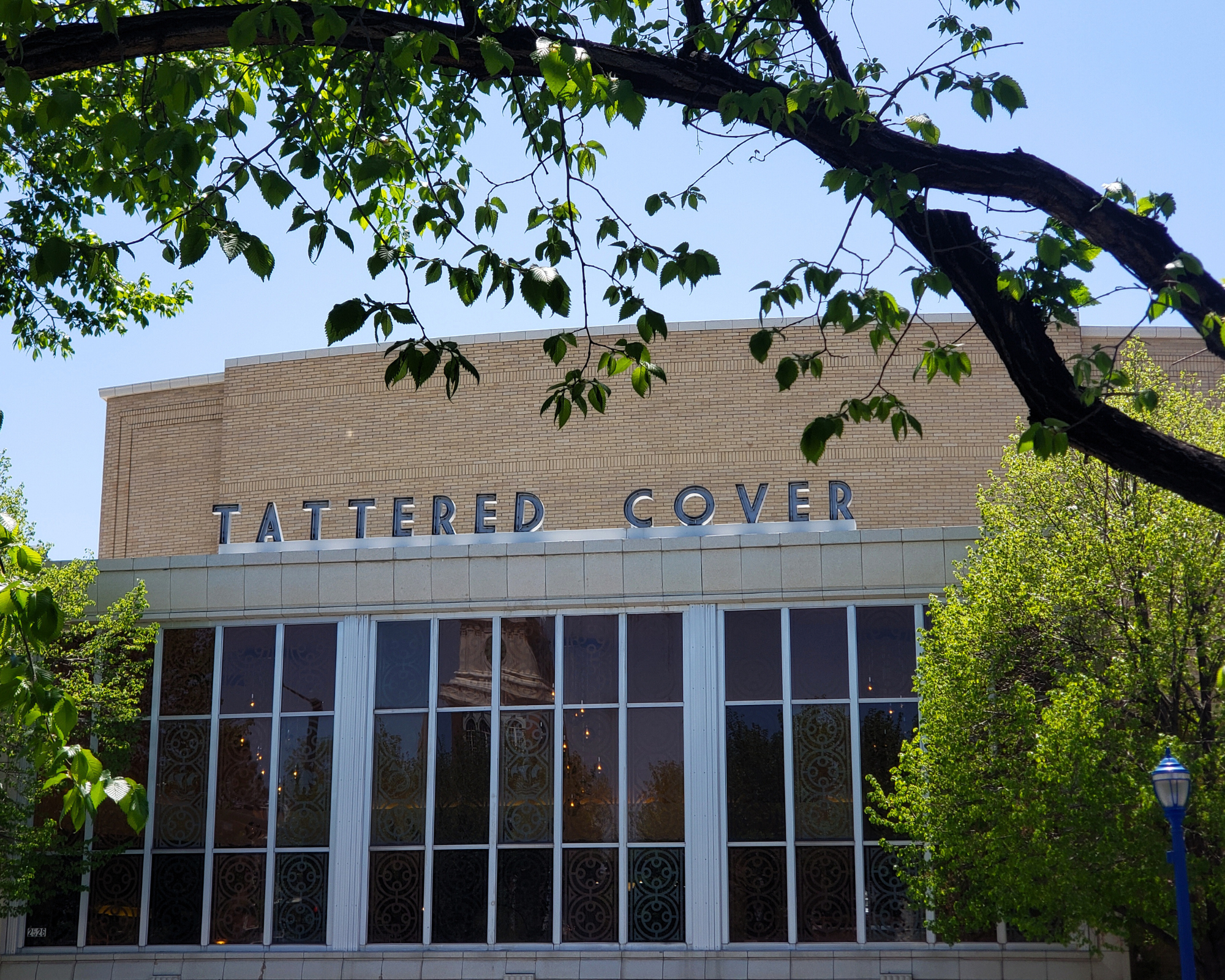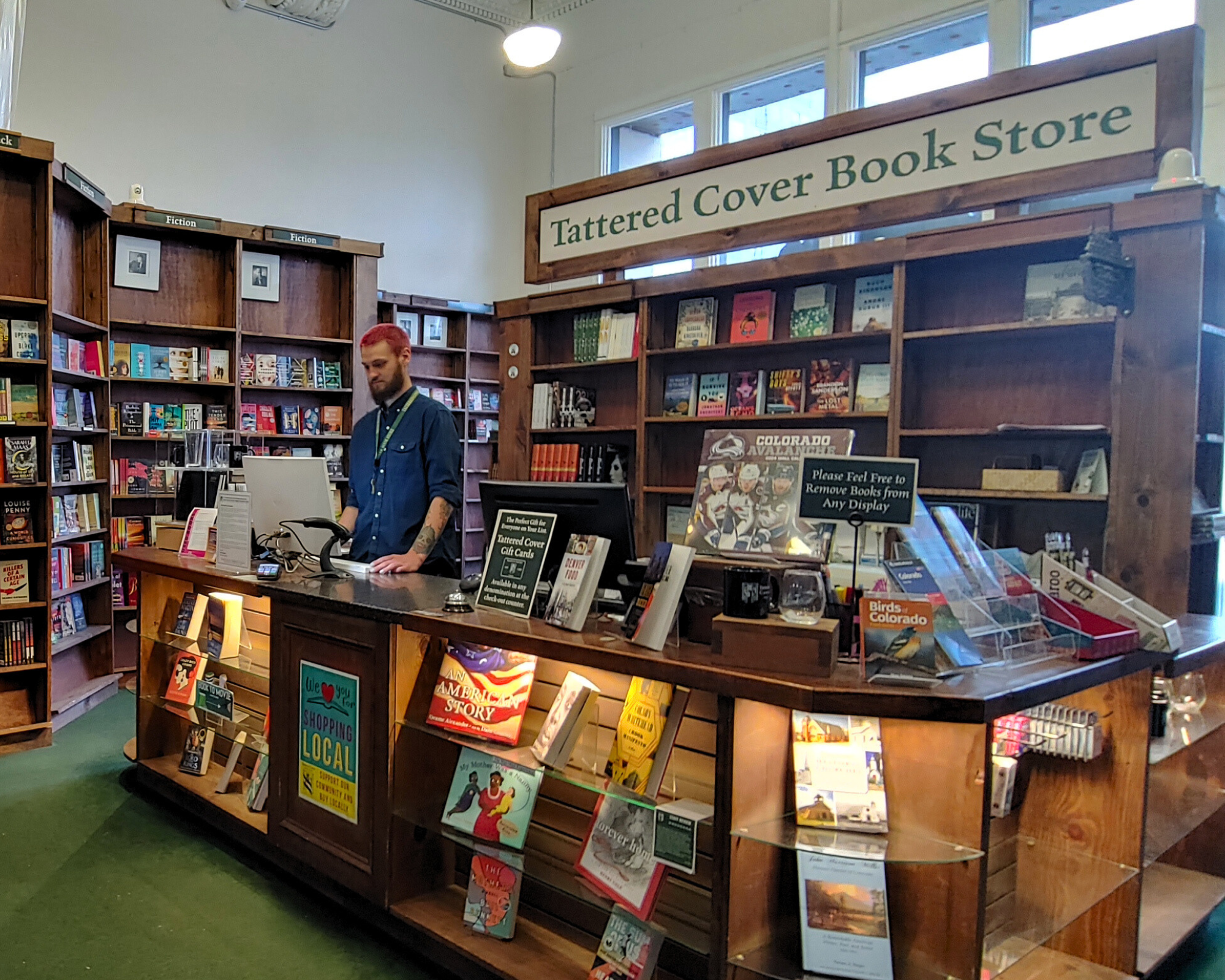
Six Walks in the Fictional Woods
Format: Hardcover
ISBN: 9780674302464
Publication Date: 09/16/2025
“Erudite, wideranging, and slyly humorous.”
—The Atlantic
One of the great novelists and public intellectuals of our time gives a master class on the philosophy of fiction.
Umberto Eco was fond of pointing out that all writing is narrative. He published his famed debut novel The Name of the Rose when he was fortyeight years old, yet he believed that everything he had written to that point—from treatises on semiotics to essays on mass culture—took the form of a story. To Eco, scholarship, much like fiction, was shaped by narrative. It was the stuff of life itself.
Six Walks in the Fictional Woods, a collection of essays based on Eco’s 1992–1993 Norton Lectures at Harvard, illuminates fiction’s porous boundaries—in particular, the myriad ways that literary works conscript readers’ experiences and expectations. Fiction, says Eco, can offer metaphysical comfort by appealing to our desire for a smaller, more legible world, one that gives a definitive answer to the question of “whodunnit?” But it also makes demands of us, presupposing a model reader who possesses the cultural knowledge necessary to interpret the text, as well as a willingness to follow the neverquitespecified rules of the literary game.
Whether he is dissecting grammatical ambiguities in Gérard de Nerval’s nineteenthcentury romantic masterpiece Sylvie, studying the rhythms of Ian Fleming’s James Bond novels, or tracing the web of fraud and misattribution that produced the antisemitic conspiracy theory of The Protocols of the Elders of Zion, this is Eco at his very best: intellectually omnivorous, endlessly fascinated by hoaxes, and always an adept navigator of the narrative forests that surround us.
—The Atlantic
One of the great novelists and public intellectuals of our time gives a master class on the philosophy of fiction.
Umberto Eco was fond of pointing out that all writing is narrative. He published his famed debut novel The Name of the Rose when he was fortyeight years old, yet he believed that everything he had written to that point—from treatises on semiotics to essays on mass culture—took the form of a story. To Eco, scholarship, much like fiction, was shaped by narrative. It was the stuff of life itself.
Six Walks in the Fictional Woods, a collection of essays based on Eco’s 1992–1993 Norton Lectures at Harvard, illuminates fiction’s porous boundaries—in particular, the myriad ways that literary works conscript readers’ experiences and expectations. Fiction, says Eco, can offer metaphysical comfort by appealing to our desire for a smaller, more legible world, one that gives a definitive answer to the question of “whodunnit?” But it also makes demands of us, presupposing a model reader who possesses the cultural knowledge necessary to interpret the text, as well as a willingness to follow the neverquitespecified rules of the literary game.
Whether he is dissecting grammatical ambiguities in Gérard de Nerval’s nineteenthcentury romantic masterpiece Sylvie, studying the rhythms of Ian Fleming’s James Bond novels, or tracing the web of fraud and misattribution that produced the antisemitic conspiracy theory of The Protocols of the Elders of Zion, this is Eco at his very best: intellectually omnivorous, endlessly fascinated by hoaxes, and always an adept navigator of the narrative forests that surround us.
Choose options

Six Walks in the Fictional Woods
Sale price$22.95
New Releases
Leave Me Alone!: A Good Inside Story About Deeply Feeling Kids
Becky Kennedy
Hardcover
Sale price$19.99
















